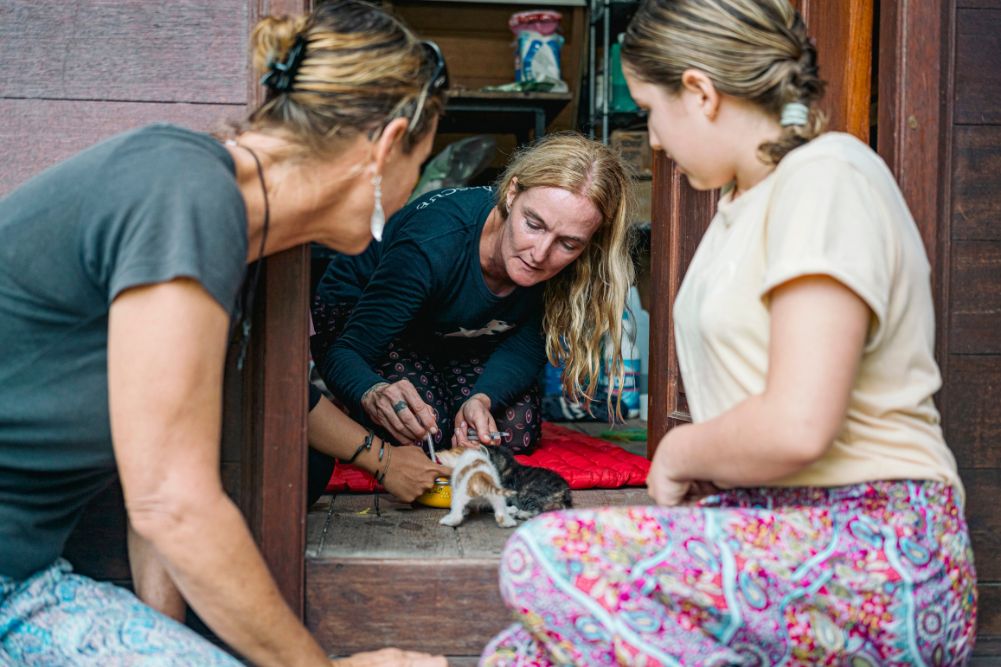Plastic nanoparticles pose a threat to the environment
Plastics pose the biggest threat to our ocean. The ocean is being polluted every day by plastics and this growing problem is a big concern. It is estimated the ocean already contains more than 150 million tonnes of plastic. According to future projections, about eight million tonnes of plastic will end up in the ocean each year. And plastics do not degrade easily.
The researchers detected a continuous presence of nanoplastics in the barnacles throughout their growth until adulthood.
These plastics are broken down into smaller pieces by the marine environment — wind, waves, sun and microbial action. These micro- and nanoplastic particles may be ingested by filter-feeding marine organisms such as barnacles, tube worms and sea-squirts.
In a recent study by scientists from the National University of Singapore (NUS), researchers discovered that nanoplastics ingested by marine organisms accumulate in the organisms over time. This poses a risk of being transferred up the food chain which ultimately threatens food safety and poses a risk for your health.
For this study, researchers worked on acorn barnacles as their short life cycle and transparent bodies made it easy to track and visualise the movement of nanoplastics in their bodies within a short span of time. The barnacle larvae were incubated in solutions of their regular feed mixed with plastics, about 200 nanometres in size with green fluorescent tags.
The larvae were exposed to two different treatments: “acute” and “chronic”. Under the “acute” treatment, the barnacle larvae were kept for three hours in a solution that contained 25 times more nanoplastics than current estimates of what is present in the ocean. Under the “chronic” treatment, the barnacle larvae were exposed for up to four days to a solution containing low concentrations of nanoplastics.
The researchers then filtered the larvae from the solution and examined them under the microscope. The scientists monitored the distribution and movement of the nanoplastics by tracking the fluorescence from the particles present in the larvae.
The results showed that after exposing the barnacle larvae to nanoplastics in both treatments, the larvae had not only ingested the plastic particles, but the tiny particles were distributed throughout the bodies of the larvae. The researchers detected a continuous presence of nanoplastics in the barnacles throughout their growth until adulthood. These nanoplastics were present even though the barnacles’ natural waste removal pathways of moulting and excretion resulted in some removal of the nanoplastics.
Barnacles are found in all the oceans of the world and are regarded to be at the lower levels of the food chain. But what they consume will be absorbed by the organisms who eat them. This means that the nonoplastics present in barnacles will be transferred to other organisms. In addition, plastics are capable of absorbing pollutants and chemicals from the water and as a result these toxins can be transferred to other organisms causing further damage to the marine eco-system, food security and human health.
Source: ACS Sustainable Chemistry & Engineering








